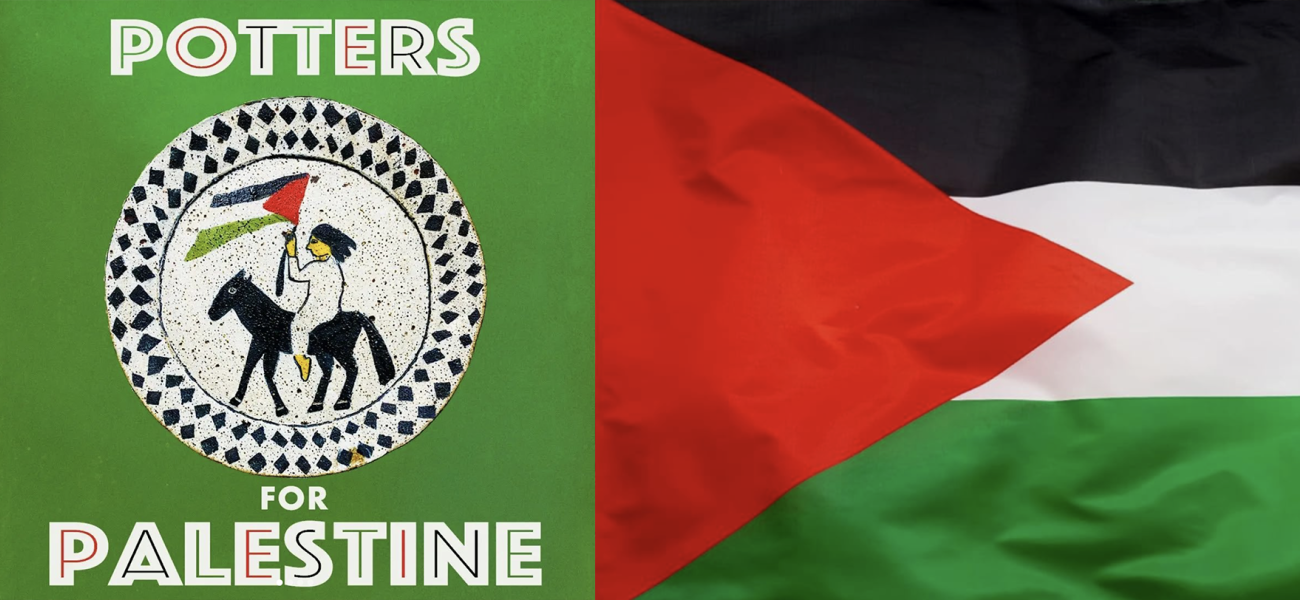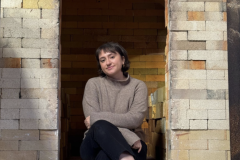As I write this, over 22,000 Palestinians have been killed at the hands of the Israeli government and Israel Defense Force (IDF) soldiers, with over 7,000 still under the rubble and 50,000 more injured. I find myself feeling more and more isolated as the days go on, as fewer people are talking about Palestine, even as the attacks by Israel have extended to the West Bank, Lebanon, and Syria. I cannot make sense of how the artists around me go to their studios every day and are seemingly able to block out the rest of the world. It often feels like I am living another reality when people ask me how my day was or about what I am making in the studio – I can only think of Gaza. As a Palestinian-American potter, my life has been unimaginable since October. Not because I had any illusions about how ruthless Israel could be, but because I didn’t realize how helpless and alone I would feel when Israel launched its genocidal war on Gaza.


